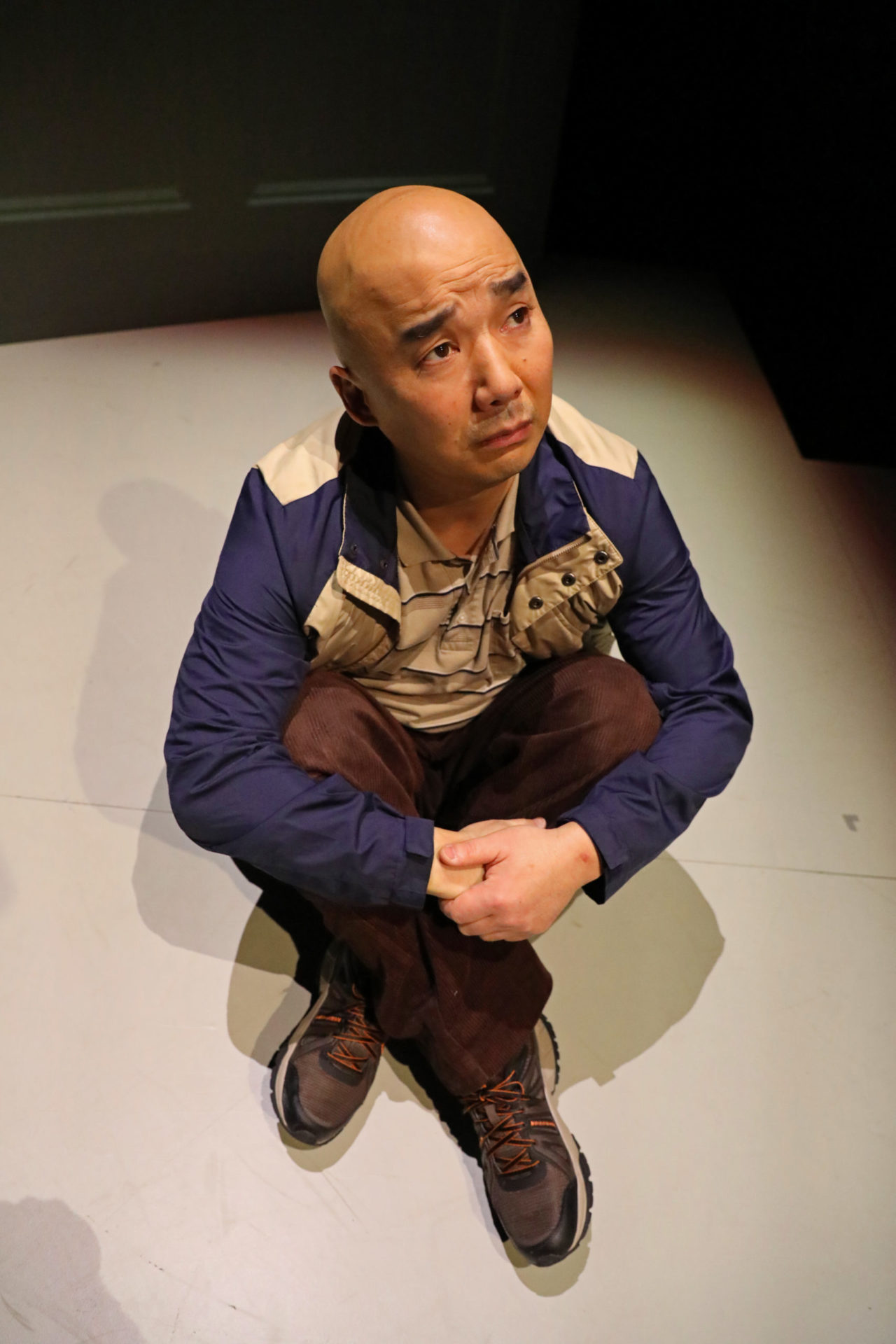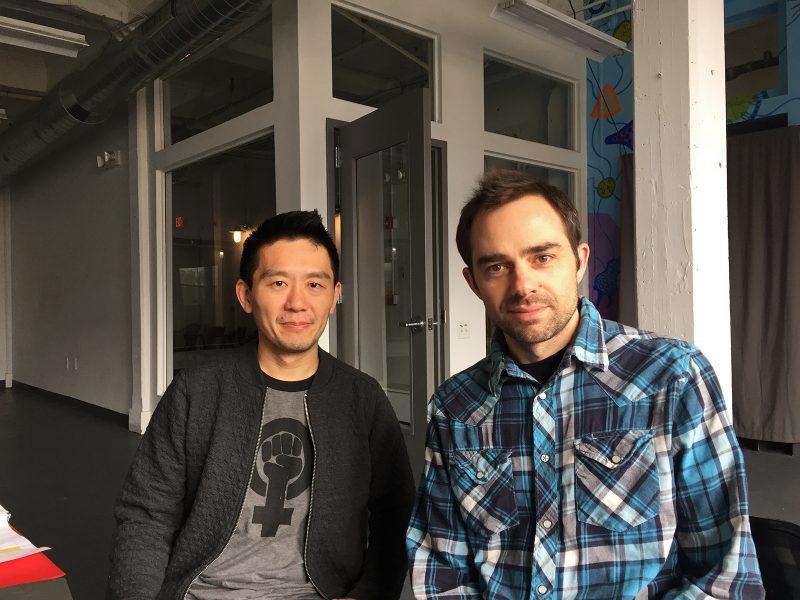From Nashville Opera
STUCK ELEVATOR: AN INNOVATIVE LOOK INTO THE STRUGGLES OF ASIAN-AMERICANS
Not many people know the true story of Ming Kuang Chen. In 2006, a Chinese immigrant living in the Bronx was sent to a high rise apartment building to deliver a meal. While riding back down, the elevator breaks, and drops more than 30 floors before getting stuck just below the 4th

floor. His cries over the emergency intercom are either ignored or misunderstood, and, as an illegal immigrant, his fear of getting caught only grew.
This story becomes the basis of Stuck Elevator. A challenge only known to a portion of America’s minorities, the struggle of surviving as an undocumented immigrant in the states is humorously and creatively portrayed in the opera. Composed by Byron Au Yong with a libretto by Aaron Jafferis, the opera begins with the scene where the main character Guang (a portrayal of Chen) is getting into the elevator to deliver his food. After he falls, the scenery switches between the harsh reality he now faces along with the comedic flashbacks to his family and friends.
The opera was performed at the Noah Liff Opera Center. While much smaller than anticipated, it was well decorated with a welcoming atmosphere. A winding staircase led up to a crowd of men and women in suits and dresses. A clever detail I loved was a setup of a Chinese takeout box spilling out fortune cookies; I imagine it was how Guang felt as he fell down the elevator. Entering the performance hall, there were very few empty seats. I’d say most of the audience was older, although there were sprinkles of the younger generation here and there. The composer Byron Au Yong and librettist Aaron Jafferis sat a few rows behind me. I spoke with them before and after the opera; they were both very kind and happy to have their piece being performed.

The music is its own unique blend of rap, rock and classical, an innovative blend I haven’t seen in any other opera before but works very well with the plot and characters. Along with the singers were a drummer, two violinists, a cellist, and other instruments. I was surprised to see what I thought at first to be limited instrumentation, but as the opera started it became apparent that a large ensemble was not needed to tell the tale. It felt almost like I was on a seesaw sometimes; one scene would have slow, melodic and melancholic strings, and the next would be a rap battle. Like the music, the actors were also extraordinary. The deep, rich voice of Julius Ahn (Guang) beautifully portrays the main character’s sorrow and fear as he sways between reality and imagination. Soprano Ivy Zhou plays Ming, Guang’s wife still living in China as he works to support her. Her voice is perhaps the most captivating, floating above the stage and carrying life with it.
Perhaps the most important aspect, and message, of this opera is its portrayal of the struggles of Asian-Americans. Like other minorities, Asian-Americans face much discrimination in the United States, with many being harassed or ignored in the same manner as Guang. Undocumented Asian immigrants’ struggles are compounded by their lack of proper documentation and facing any harassment or attempting to fight would only lead to potential attention from officials. Guang’s entering and leaving of the elevator in silence was an excellent way to represent an otherwise invisible issue to the majority.
After the opera, my partner and I stayed behind to listen to the performers and writers talk about their performance and the experience of making the opera come to life. Yong revealed that the idea for the opera came to him back in 2005. He had been living in New York at the time and had heard of several cases of Chinese food delivery men who had gotten hurt on the job. Originally kept at the local level, Ming Kuang Chen’s story was originally a missing person’s case before he was freed from the elevator. Soon after he was freed, outside newscasters reported on the ordeal and the story went national. While Yong had never worked in food delivery, he related to Chen’s story because while apartment hunting, he was often mistaken as a deliverer. Both the performers and writers agreed that Stuck Elevator is a story meant to uplift the voices of immigrants, with some of the crew noting it as especially important to Asian Americans and the prejudice they face.



